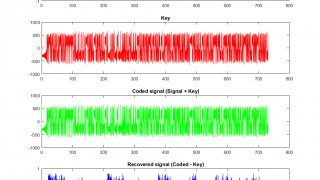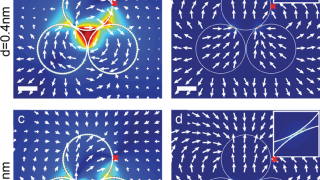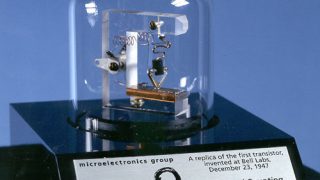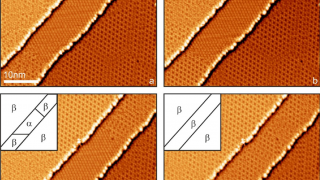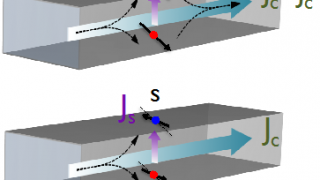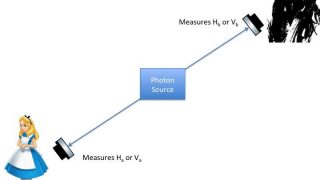
The loophole-free quantum entanglement experiment (4): The free will loophole
In previous posts, we have discussed the two main loopholes of Bell experiments, the locality loophole, and the detection loophole. Both were closed a long time ago, but only recently they were closed in the same experiment. Let us summarize the kind of experiments we are dealing with by an example. Alice and Bob will […]
